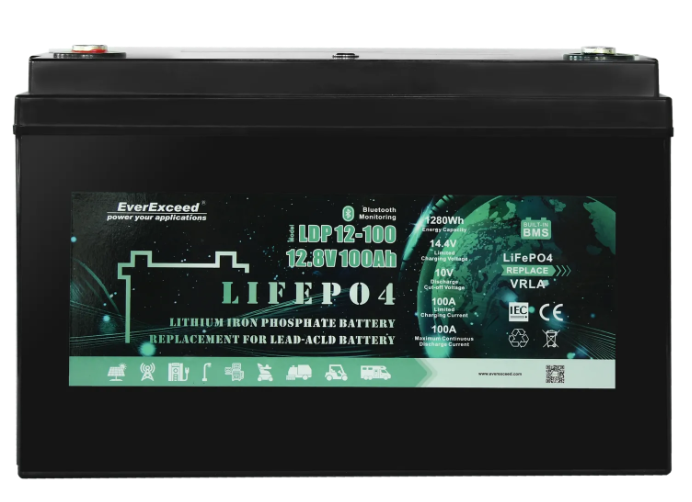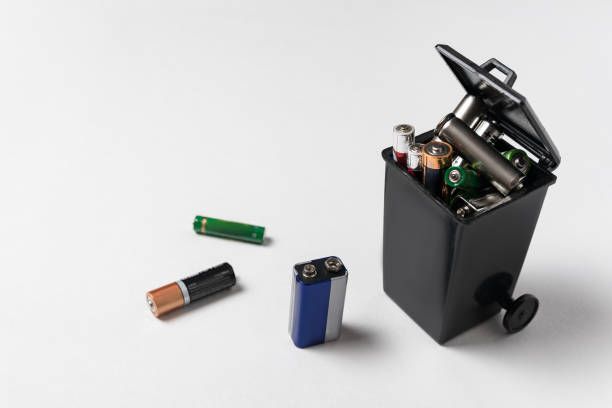
Get a Quote
How Long Can Lithium Batteries Last?
Understanding Lithium Battery Lifespan
Charging cycles play a significant role in determining how long a lithium battery will last. Each time a battery goes through a full charge and discharge cycle, its capacity gradually decreases. Additionally, the type of lithium battery, such as Li-ion or LiFePO4, can influence its expected lifespan. While LiFePO4 batteries generally offer higher longevity compared to Li-ion batteries, understanding their differences is essential for choosing the right battery for your needs. Overall, the expected lifespan of a lithium battery depends on factors like charging cycles and battery chemistry.
Factors Affecting Lithium Battery Lifespan
Temperature
Extreme temperatures can significantly impact the performance and lifespan of lithium batteries. High temperatures accelerate degradation, while very low temperatures can temporarily reduce battery capacity. Therefore, it's crucial to avoid exposing lithium batteries to extreme temperature conditions to ensure optimal longevity.
Overcharging
Overcharging poses risks to lithium batteries and can lead to faster degradation. Utilizing battery management systems (BMS) is essential to prevent overcharging. BMS regulates the charging process, protecting the battery from damage and maximizing its lifespan.
Storage Conditions
Proper storage is key to maintaining the lifespan of lithium batteries. Storing them at moderate temperatures (around 40-60% charge level) in a cool, dry place helps prevent degradation. Avoiding storing batteries at full charge or in a discharged state can prolong their lifespan.
Fast Charging
While fast charging offers convenience, it can impact lithium battery longevity. Fast charging generates more heat, which can stress the battery and accelerate degradation. It's important to balance the benefits of fast charging with its potential impact on battery lifespan to optimize longevity.
Discharge Rates
High discharge rates can also affect lithium battery lifespan. Slow, steady discharge is preferable to avoid putting excessive stress on the battery. Managing discharge rates effectively can help extend the lifespan of lithium batteries and ensure optimal performance over time.
Practical Tips for Extending Lithium Battery Lifespan
Proper Maintenance Practices
Regular maintenance is crucial for maximizing the lifespan of lithium batteries. This includes avoiding deep discharges, which can stress the battery, and opting for regular partial charging instead. Additionally, monitoring battery health periodically helps identify any issues early on and prevents potential damage.
Choosing the Right Charger
Selecting the appropriate charger for your lithium battery is essential for prolonging its lifespan. Matching the charger specifications to the battery's requirements ensures optimal charging efficiency and prevents overcharging or undercharging, which can lead to premature degradation.
Utilizing Battery Management Systems (BMS)
Battery management systems (BMS) play a vital role in protecting lithium batteries from damage. BMS regulates the charging and discharging processes, balances cell voltages, and monitors temperature levels, ensuring safe operation and maximizing battery lifespan.
Optimizing Usage
Adjusting usage patterns can significantly impact lithium battery lifespan. Avoiding continuous high-load operations and allowing the battery to rest periodically helps reduce stress and prolongs its longevity. By optimizing usage habits, you can ensure that your lithium battery performs optimally for an extended period.
Conclusion
As lithium battery technology evolves, advancements in innovation may result in further enhancements in battery longevity and performance. Staying informed about new developments in the industry empowers users to make educated decisions and harness the latest technologies to optimize their battery usage.
For dependable lithium battery solutions that emphasize longevity, efficiency, and performance, look no further than Everexceed's range of products. With a steadfast commitment to quality and innovation, Everexceed provides lithium batteries tailored to meet the diverse needs of consumers across various industries. Explore Everexceed's products today and experience the distinction in quality and reliability.


